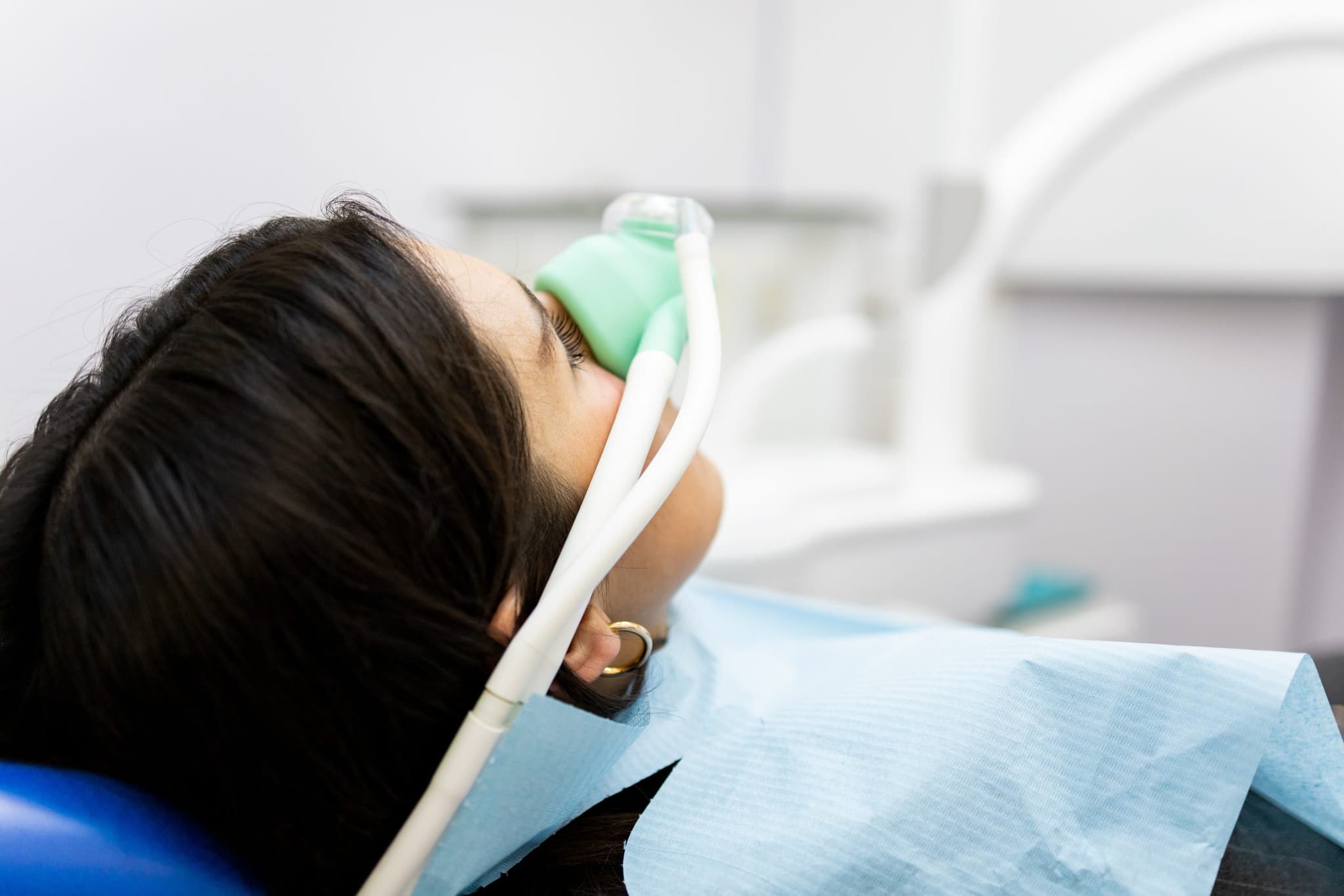
2025-12-17T17:11:43
Why OBGYN Clinics Are Using Nitrous Oxide for Pain Relief
- OB/GYN
September 19, 2024 | Family Medicine • OB/GYN
Specialties:Family Medicine • OB/GYN

Have you ever wondered why your periods are so irregular or why you’re struggling with unexplained weight gain, acne, or even hair loss? You might not realize it, but these could be signs of a condition that affects millions of women worldwide—Polycystic Ovary Syndrome (PCOS). Understanding the symptoms of PCOS early can make a world of difference in managing your health. So, how do you know if you have PCOS? Let’s explore the signs and what steps you can take next.
PCOS is an endocrine disorder, afflicting females of reproductive age. This syndrome leads to infertility, insulin resistance, obesity, and cardiovascular problems, including a litany of other health issues. This may sound frightening, but PCOS is common; it is also misunderstood. Understanding the symptoms of PCOS and seeking an early diagnosis is crucial for managing the condition effectively and preventing long-term health complications. The good news? With the right diagnosis and care, PCOS is highly manageable, and there are many treatment options available that can help you regain control of your health and well-being.
The symptoms of PCOS may include, but are not limited to:
The exact cause of PCOS is unknown, but risk factors include:
There are a few ways to diagnose PCOS such as:
Before starting any new supplement regimen, consult your healthcare provider. Research indicates that certain supplements such as curcumin, Vitamin D, Inositol, and CoQ10, may offer benefits for managing PCOS.
If you’re experiencing symptoms such as irregular periods, a prolonged period, unexplained weight gain, acne, or excessive hair growth, it’s important to see a healthcare provider to determine if you have PCOS. Early diagnosis of PCOS is crucial because it allows for prompt management of the condition, which can significantly improve long-term health outcomes. Addressing symptoms proactively can help prevent the development of more serious health issues like type 2 diabetes, heart disease, and infertility. Revere Health is here to support you with specialized PCOS services, available at multiple convenient locations throughout Utah, including several in Utah County.

WRITTEN BY:
Shayliah Lassen
Shayliah is currently an intern at Revere Health focusing on Digital Marketing. With a Bachelor's of Science in Business Administration and Marketing from Western Governors University, she brings a solid foundation in digital marketing to her role as a Marketing Intern. Outside of work, Shayliah enjoys baking, playing pickleball, hitting the gym, and listening to new music. These interests reflect her vibrant and dynamic approach to both her personal and professional life.

2025-12-17T17:11:43

2025-11-21T14:10:25

2025-11-03T11:32:24

2025-10-21T11:51:52
This information is not intended to replace the advice of a medical professional. You should always consult your doctor before making decisions about your health.